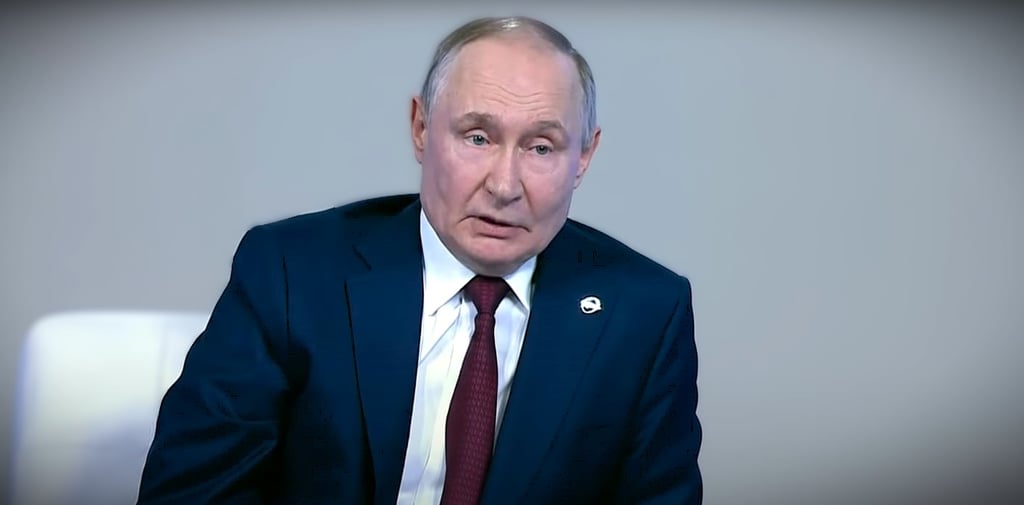China Accused of Supplying Russia With Intelligence on Ukraine Targets | 4 October 2025 News
Ukraine accuses China of providing satellite intelligence to Russia for precision strikes on 4 October 2025, raising global concerns over deepening ties.
Raja Awais Ali
10/4/20252 min read


China Accused of Providing Intelligence to Russia on Ukraine Targets — 4 October 2025 Latest News
On 4 October 2025, Ukraine’s intelligence agency made a significant allegation, claiming that China is supplying satellite intelligence to Russia to support its ongoing war in Ukraine. According to Ukrainian officials, this intelligence allows Russia to carry out more precise missile and drone strikes against critical infrastructure, industrial centers, and foreign investment hubs inside Ukraine.
Oleh Alexandrov, a senior officer in Ukraine’s Foreign Intelligence Service, told Ukrinform news agency that cooperation between Russia and China has reached a high level. He stated that satellite monitoring and target identification are being shared, enabling Russia to strike strategic sites with greater accuracy. Some of these targets, Alexandrov noted, are linked to foreign investors, making the attacks not only destructive but also economically destabilizing.
President Volodymyr Zelensky had previously accused China of supplying Russia with weapons and ammunition, even suggesting that arms manufacturing had begun within Russian territory with Chinese support. Zelensky insisted that Ukraine possesses evidence confirming Beijing’s direct military assistance to Moscow.
China has consistently rejected such allegations, maintaining that it seeks to remain neutral in the conflict and portray itself as a mediator. However, today’s fresh claims challenge Beijing’s narrative of neutrality and raise doubts about its role in the war. Analysts argue that if these allegations are true, it marks a clear escalation in the deepening military partnership between Russia and China.
Western observers have also expressed concern, warning that China’s involvement in providing intelligence will prolong the war and reshape the global political landscape. Such a move could invite stronger reactions from the United States and European Union, both of which already accuse Moscow of gross violations of international law in Ukraine.
While Russia has often denied targeting civilian infrastructure, Ukrainian authorities argue that recent strikes clearly reflect the use of advanced intelligence. These attacks, they say, have focused on industrial hubs, energy infrastructure, and sites connected to international investors — areas of strategic importance for Ukraine’s economy.
If China is indeed supplying intelligence of this scale, it would not only complicate the battlefield but also raise critical questions about sovereignty, international law, and global security. Experts believe the West may increase diplomatic pressure on Beijing and even consider sanctions in response, particularly if intelligence-sharing is proven with verifiable evidence.
This development underscores how the Ukraine war has expanded beyond Kyiv and Moscow, drawing in global powers in ways that intensify the conflict. The growing alignment between Russia and China signals the emergence of a new geopolitical front, forcing the international community to confront the risks of a wider strategic crisis.
Stay informed with the latest national and international news.
© 2025. All rights reserved.